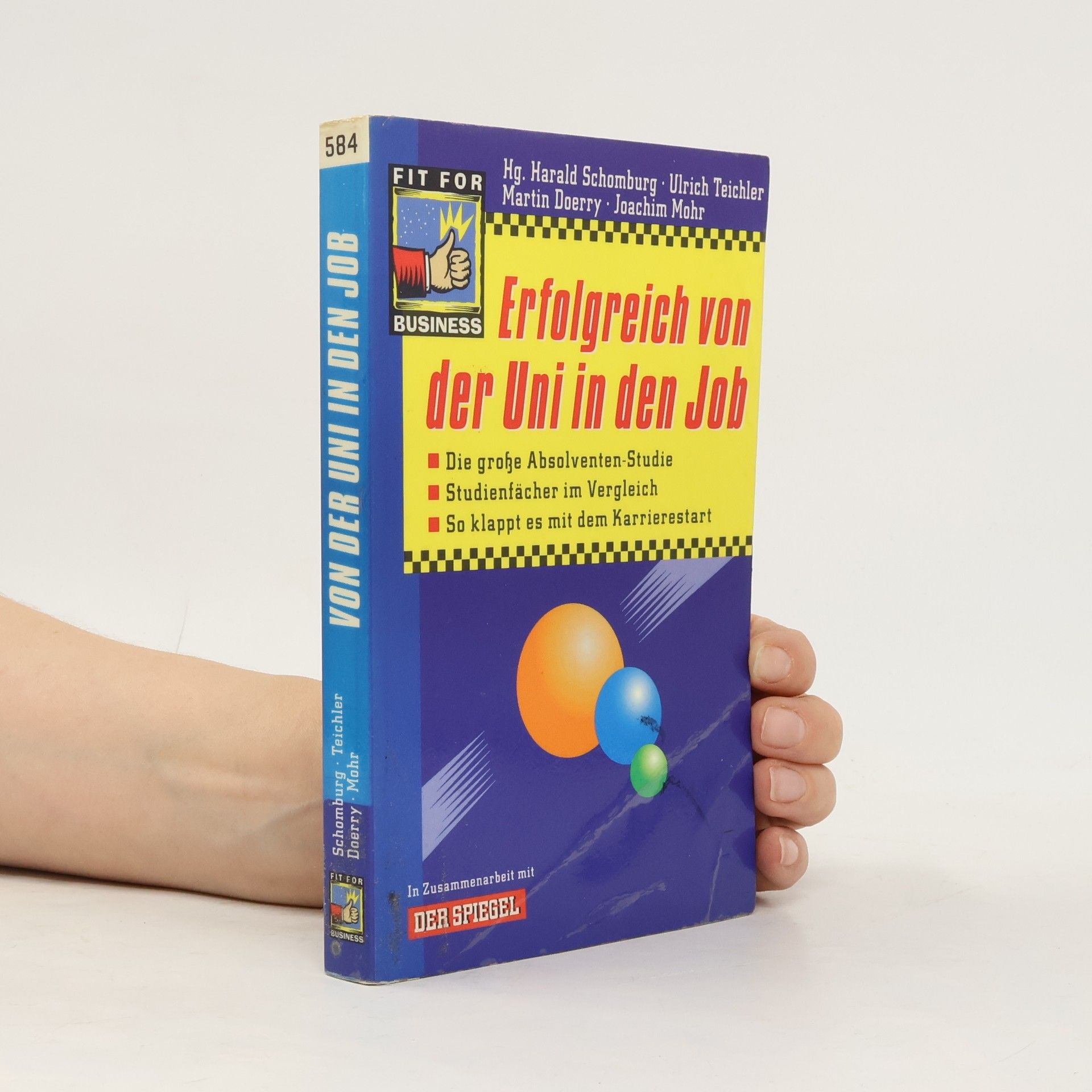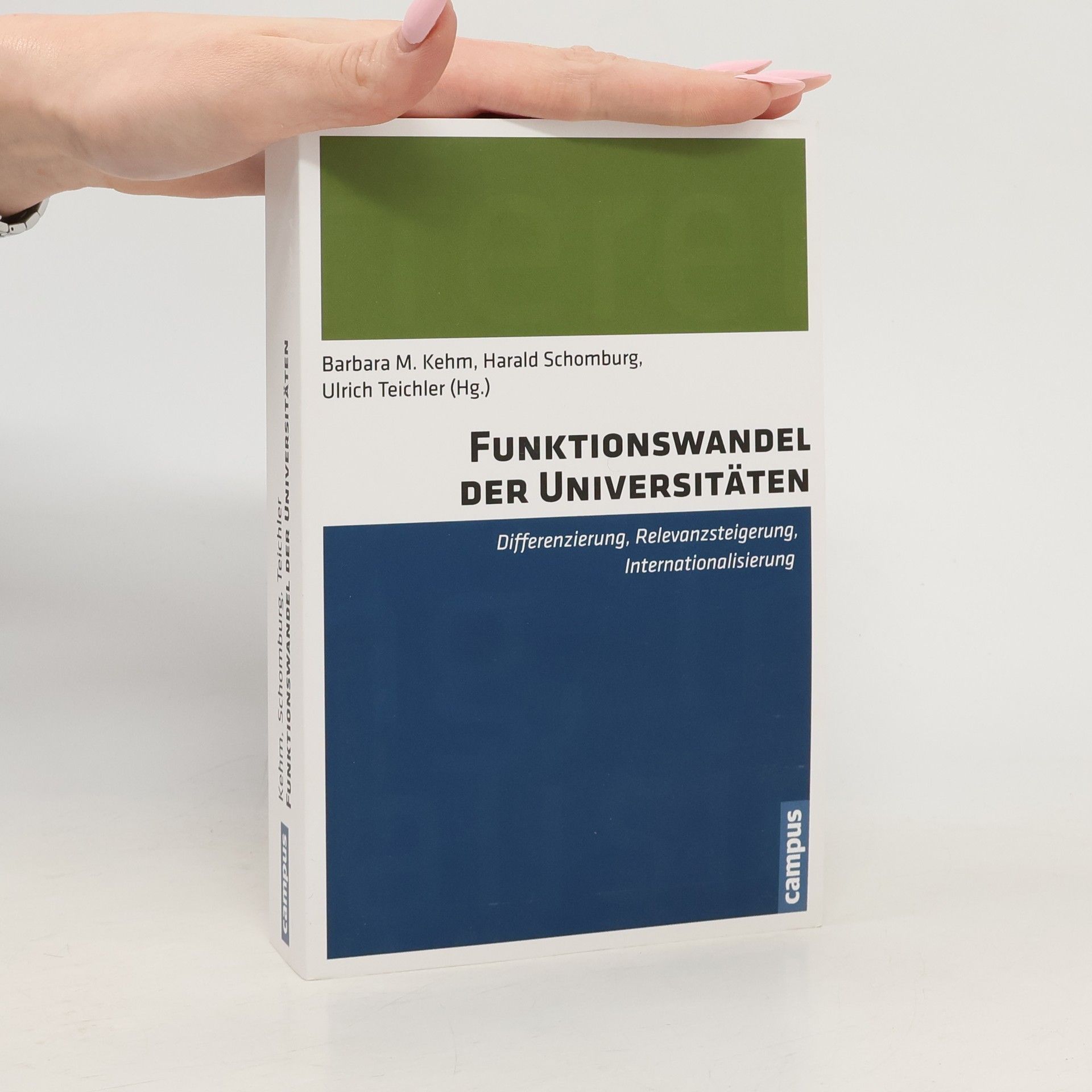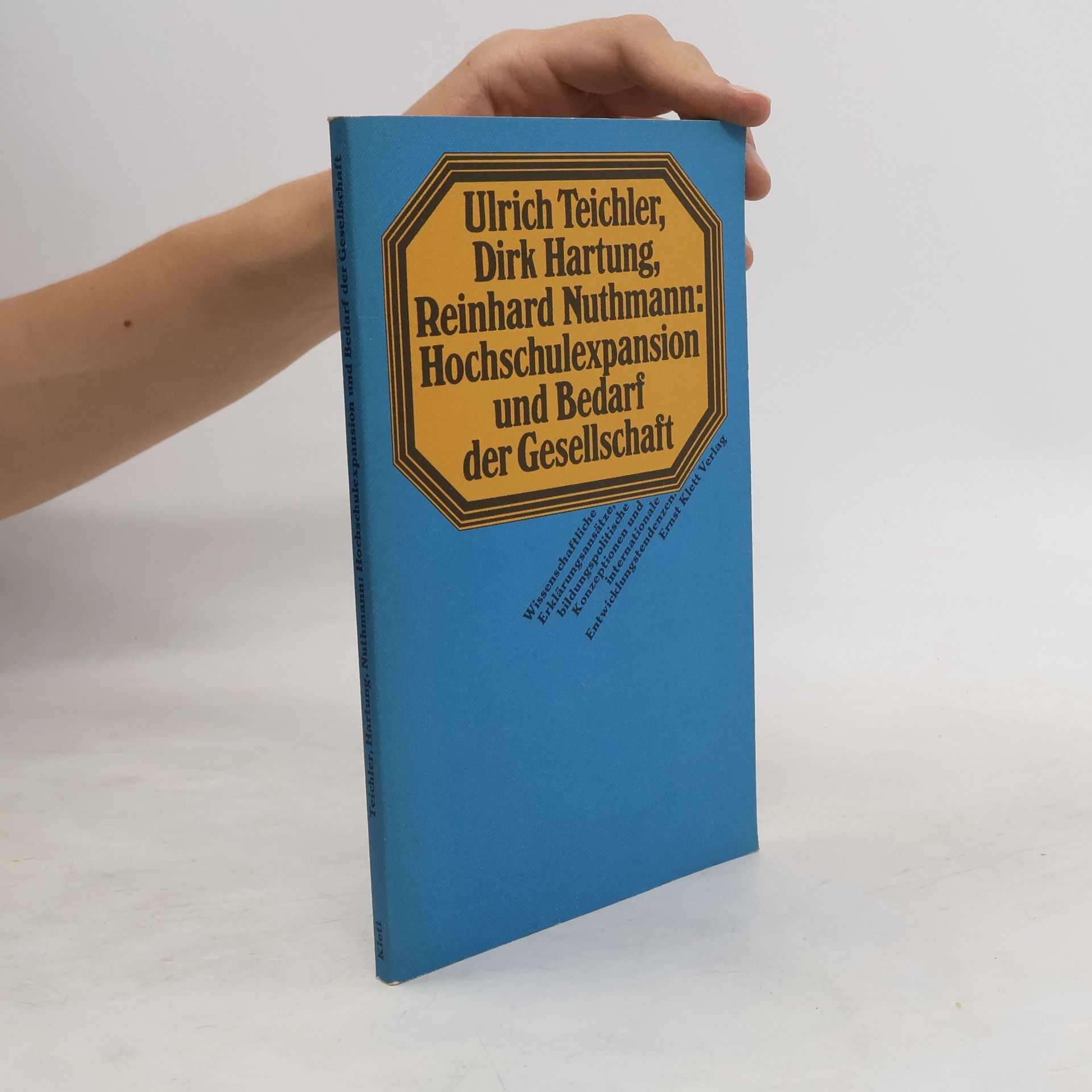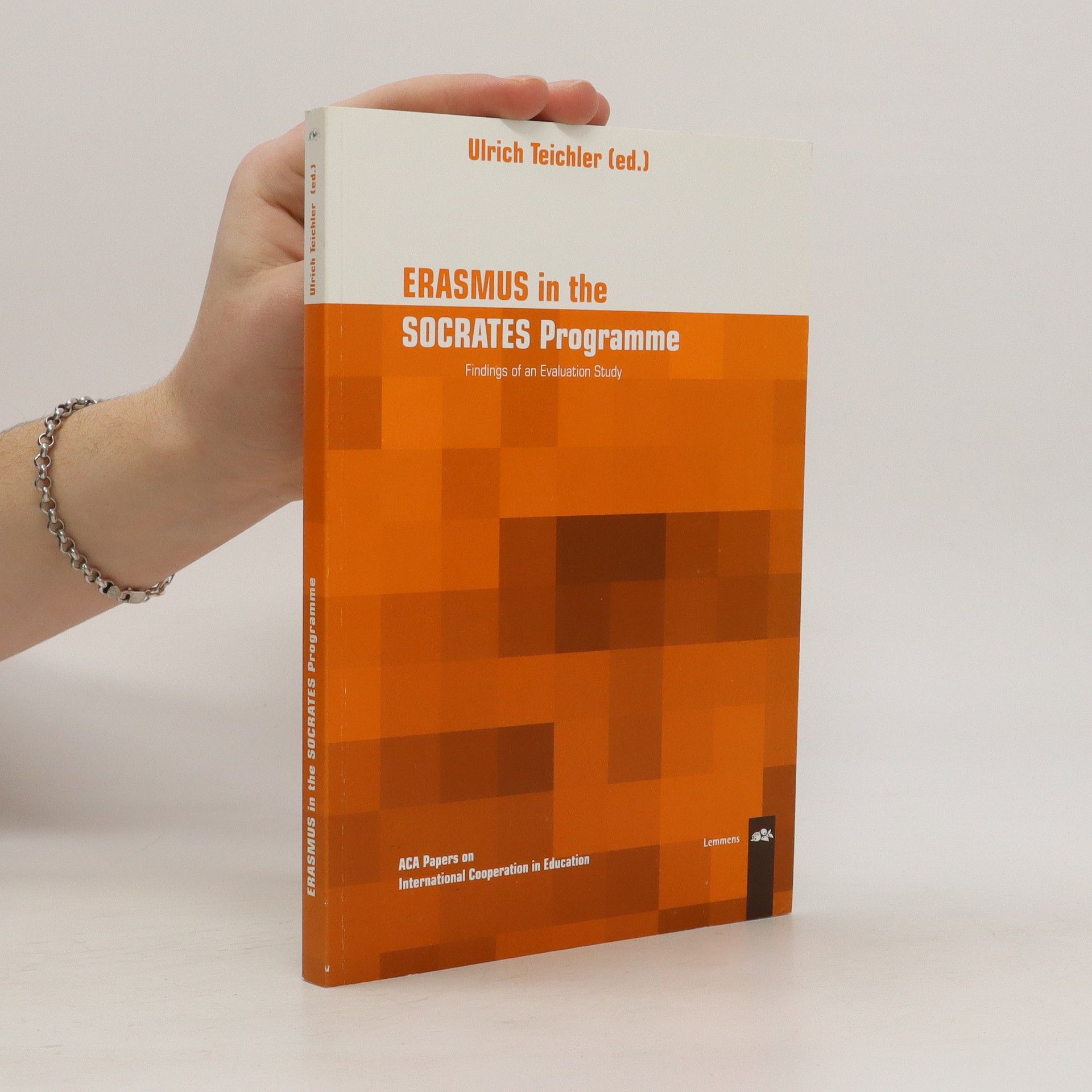Higher Education Research - What Else?
- 259 pages
- 10 hours of reading
The founder of higher education research in Germany, Ulrich Teichler, looks back on more than five decades of higher education research. The economic miracle and university expansion, the student movement, experiments and crises of the 1970s, organisational breakdown, reunification, internationalisation, ranking and management cult - all these are historical stages that are reflected in higher education and science. Ulrich Teichler, directly involved, reports with openness and humour, presenting clever analyses.




